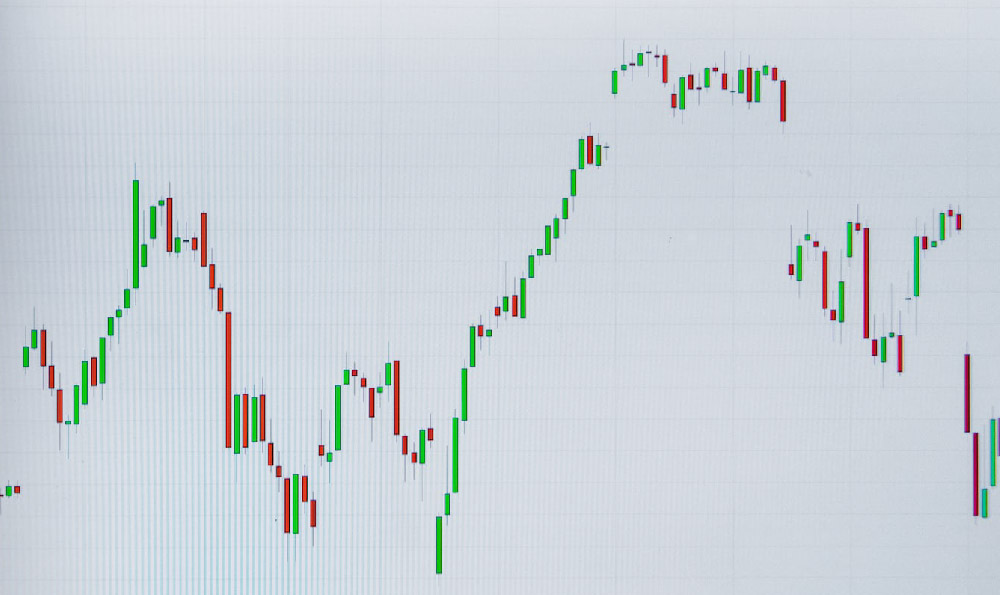Are Campers Worth the Cost? A Deep Dive into Value and Long-Term Appreciation
The allure of the open road, the freedom to explore untamed landscapes, and the cozy comfort of a home away from home – all these factors contribute to the rising popularity of campers. But before you take the plunge and invest in a camper, a crucial question lingers: are campers worth the cost? And, perhaps even more importantly, do campers hold their value long term? Understanding the nuances of camper ownership, including initial investment, ongoing expenses, depreciation, and potential rental income, is vital to making an informed financial decision.
The Initial Investment: A Spectrum of Options

The sticker price of a camper can vary dramatically based on several factors, including size, features, brand, and whether you opt for a new or used model. At the entry-level, you might find pop-up campers or smaller travel trailers at relatively affordable prices. These are generally lighter and easier to tow, making them a good option for those new to the RV lifestyle or those with smaller tow vehicles. However, they often lack the amenities and space of larger campers.
Moving up the scale, you'll encounter travel trailers, fifth wheels, and Class B RVs (camper vans). These offer more living space, onboard bathrooms, kitchens, and often advanced features like solar panels and entertainment systems. However, the price tag also increases significantly.
At the top end of the spectrum are Class A and Class C RVs, which are essentially self-contained homes on wheels. These offer the most luxurious amenities, including spacious living areas, fully equipped kitchens, and multiple bedrooms. However, they come with the highest price tag and can require specialized maintenance and driving skills.
Therefore, assessing your budget and lifestyle is the first step. Consider how frequently you plan to use the camper, the size and needs of your travel party, and the types of destinations you plan to visit. A weekend warrior who enjoys boondocking will have different needs than a family planning cross-country road trips.
Beyond the Purchase Price: Ongoing Expenses and Hidden Costs
The initial purchase price is just the tip of the iceberg when it comes to camper ownership. Numerous ongoing expenses can add up significantly over time. These include:
- Insurance: Camper insurance is essential to protect your investment from accidents, theft, and damage. The cost will vary depending on the type of camper, its value, and your driving record.
- Maintenance and Repairs: Like any vehicle, campers require regular maintenance to keep them in good working order. This includes oil changes, tire rotations, brake inspections, and appliance servicing. Unexpected repairs can also arise, particularly with older campers.
- Storage: If you don't have space to store your camper at home, you'll need to pay for storage at a secure facility. Storage costs can vary depending on the location and the size of your camper.
- Fuel: Larger RVs can be gas guzzlers, so fuel costs can be a significant expense, especially on long trips.
- Campground Fees: While boondocking (camping without hookups) can save money, many campgrounds charge fees for campsites with amenities like electricity, water, and sewer hookups.
- Registration and Taxes: You'll need to register your camper with your state's DMV and pay annual registration fees and property taxes.
It's crucial to factor in these ongoing expenses when determining whether a camper is a worthwhile investment. Creating a realistic budget will help you avoid financial surprises down the road.
Depreciation: The Inevitable Decline in Value
Like most vehicles, campers depreciate in value over time. The rate of depreciation can vary depending on the type of camper, its condition, and the overall market demand. Generally, newer campers depreciate more rapidly in the first few years of ownership. However, well-maintained campers tend to hold their value better than those that are neglected.
Several factors can influence a camper's depreciation rate:
- Brand Reputation: Some camper brands are known for their quality and durability, which can help them retain their value better than less reputable brands.
- Condition: A camper that is well-maintained and free from damage will naturally be worth more than one that is in poor condition.
- Mileage: High mileage can negatively impact a camper's value, particularly for motorized RVs.
- Features and Upgrades: Certain features and upgrades, such as solar panels, upgraded appliances, and entertainment systems, can increase a camper's resale value.
- Market Demand: The overall demand for campers can fluctuate, impacting their resale value. Periods of high demand, such as during the COVID-19 pandemic, can lead to higher prices.
While depreciation is inevitable, you can mitigate its impact by choosing a reputable brand, maintaining your camper meticulously, and keeping up with necessary repairs.
Potential for Rental Income: Offsetting Ownership Costs
One way to offset the costs of camper ownership is to rent it out when you're not using it. Several online platforms connect camper owners with renters, allowing you to generate income from your investment.
However, renting out your camper also comes with its own set of considerations:
- Wear and Tear: Renters may not treat your camper as carefully as you would, which can lead to increased wear and tear.
- Insurance: You'll need to ensure that your insurance policy covers rentals.
- Management: Managing rentals requires time and effort, including screening renters, coordinating bookings, and handling maintenance issues.
Before renting out your camper, carefully weigh the potential benefits against the risks and responsibilities.
Making the Decision: Is a Camper Worth It for You?
Ultimately, the decision of whether a camper is worth the cost is a personal one. It depends on your individual circumstances, priorities, and financial situation. If you love to travel, value the freedom and flexibility of the RV lifestyle, and are willing to invest the time and effort required to maintain a camper, then it may be a worthwhile investment.
However, if you're primarily concerned with maximizing your return on investment, a camper may not be the best choice. Other investments, such as stocks, bonds, or real estate, may offer higher returns with less risk.
Before making a decision, carefully consider your needs, budget, and lifestyle. Research different types of campers, compare prices, and factor in ongoing expenses. Talking to experienced RVers and reading online reviews can also provide valuable insights. By doing your homework and making an informed decision, you can increase the chances of finding a camper that is both enjoyable and a sound financial investment.












